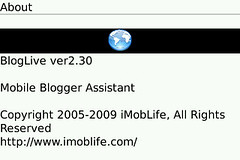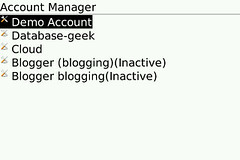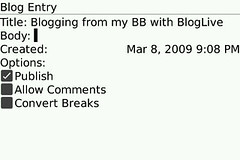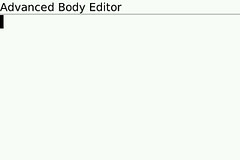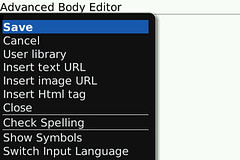There is very little information on the web that describes what exactly a WordPress theme framework is. Most of the results we found in Google were websites listing the best free WP theme frameworks. After that there were a handful of theme framework web sites ranking near of the top. In this post, we'll do our best to respond to questions like what exactly is a WordPress theme framework, which kind of theme frameworks can be found, why do folks use WP theme frameworks, pros and cons for using a theme framework, in case you use a theme framework, and finally what's our favorite WordPress theme framework.
What is a WordPress Theme Framework?
A WordPress theme framework is a library of source code which is used to assist in development of a theme. Previously with WordPress, there have been some crucial issues with the way how themes were built and maintained. There was not any right way to upgrading any theme without losing any custom design settings that might have been present. There is no way to avoid copying and pasting the exact same functionality and code in all themes. While those two problems probably won't be seen as an issue to an average user, these have the potential to be gigantic headaches. Let's say you realized that exactly the same code you had been using in all of the themes had a security exploit. Much more crucial, let's say this theme was something you publicly released for others to download and modify. Yes, that’s a major headache waiting to occur. The team of WordPress developers made a decision to fix the problems mentioned previously by presenting the idea of Parent Theme and Child Theme.WordPress theme frameworks usually are meant to also become a parent wordpress theme template which is where you can find most of the core functions. Web developers are able to build a wordpress child theme to include custom design while leaving the basic elements of it to the framework. This allows for a central location where all the functions are hosted. If the core team of developers chooses to denounce a WordPress function, or there's a bug located in a particular theme framework, then it's really simple to push out an update without having to revise anything in the child theme. This process helps you keep your wordpress framework updated without editing anything the WordPress child theme has. This process allows you to keep the framework of your website solid without editing the appearance.
What type of Theme Frameworks exist?
You can find free WordPress frameworks and paid ones. There are actually complete drag and drop wordpress theme frameworks like Headway Themes that allow users to build anything visually with no familiarity with source code. There are pseudo drag drop wordpress theme frameworks like Thesis and Pagelines. These frameworks make it possible for users to drag and drop predefines sections much like how widgets work. Of course you could define custom sections while using available hooks and filters provided by the WordPress theme frameworks too. There are WordPress theme frameworks which are full of layout and function choices. Themify and many others fall within this category. Finally, you will find some WordPress theme frameworks which are designed for web developers to obtain a jump start without the mess and bloat like Genesis by StudioPress.This article was written by Elliot McInnis and provided exclusively to the website which you are viewing it on. Elliot is a full time web developer and writes on a variety of topics related to developing and using WordPress themes.
